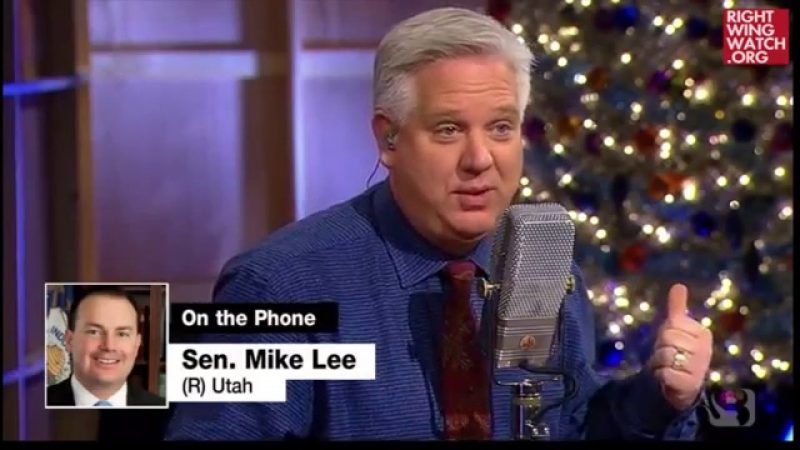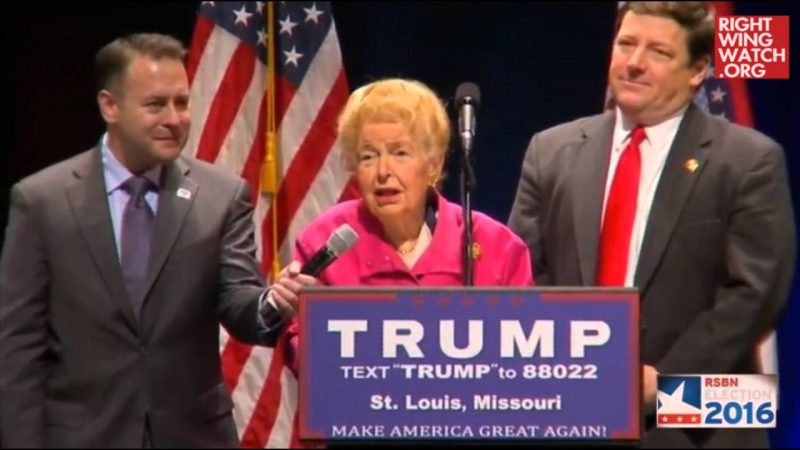Writing in Human Events, the Eagle Forum’s Phyllis Schlafly attacks the Supreme Court, not only for its ruling in the Hamdan case, but for even hearing the case at all
The Supreme Court had no business taking the Hamdan case. Congress had passed the Detainee Treatment Act of 2005 withdrawing jurisdiction over Guantanamo prisoners’ habeas corpus petitions from every “court, justice, or judge” except the U.S. Court of Appeals for the District of Columbia.
The Supreme Court did not, and could not, dispute Congress’ power to do exactly that. The U.S. Constitution clearly grants this power to Congress.
But the court held that pending cases were exempt from this particular withdrawal of jurisdiction even though the law did not say that. Justice John Paul Stevens’ majority decision ignored what Justice Scalia’s dissent called a “plain directive,” and (in the words of a primary sponsor of the Detainee Act, Sen. Lindsey Graham, R-S.C.) “made legal contortions to get the result the Court wanted.”
Relying on Sen. Lindsey Graham’s interpretation of what the Detainee Treatment Act of 2005 said about cases such as Hamdan is not particularly convincing, considering that he and Sen. Kyl snuck a bogus exchange into the Congressional Record in an attempt to make it look like Congress shared their view on this issue when that was not at all the case.
As Slate’s Emily Bazelon explained
[Kyl and Graham’s fictional exchange] was inserted into the Congressional Record just before the law passed, which means that the colloquy did not alert other members of Congress to the views it contains. Inserting comments into the Record is standard practice in Congress. What’s utterly nonstandard is implying to the Supreme Court that testimony was live when it wasn’t. The colloquy is evidence of what Kyl and Graham thought about the meaning of the DTA. But it doesn’t show that any other member of Congress shared their understanding. Everything else in the record that directly addresses whether the DTA forces the Supreme Court to toss Hamdan comes from Levin or another Democrat—and explicitly states that the DTA leaves Hamdan alone.
Graham and Kyl even went so far as to script this phony exchange that included a “fake interruption by a third senator and dialogue about their floor time running out” in hopes of fooling the Supreme Court into thinking that the DTA meant something that the majority in the Senate did not intend.
Fortunately, it didn’t work – though it did manage to fool Schlafly.








